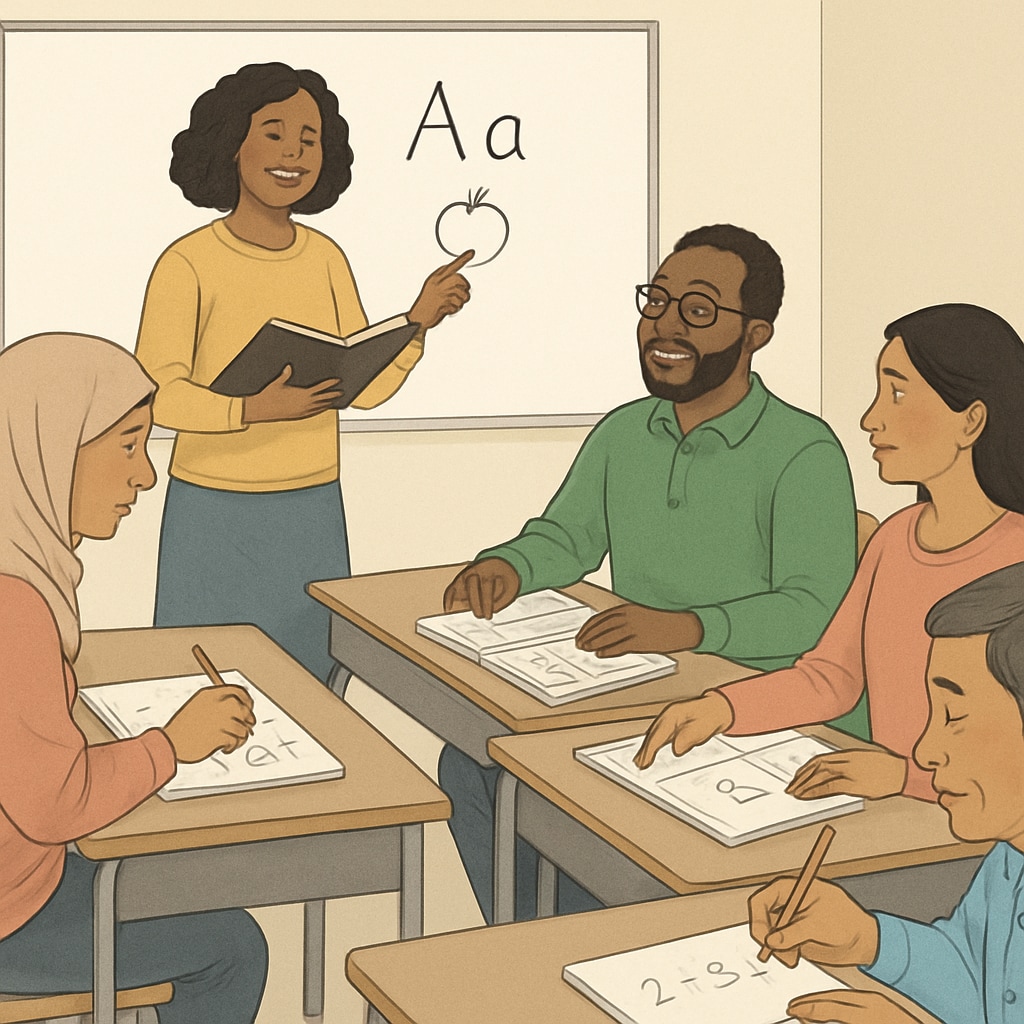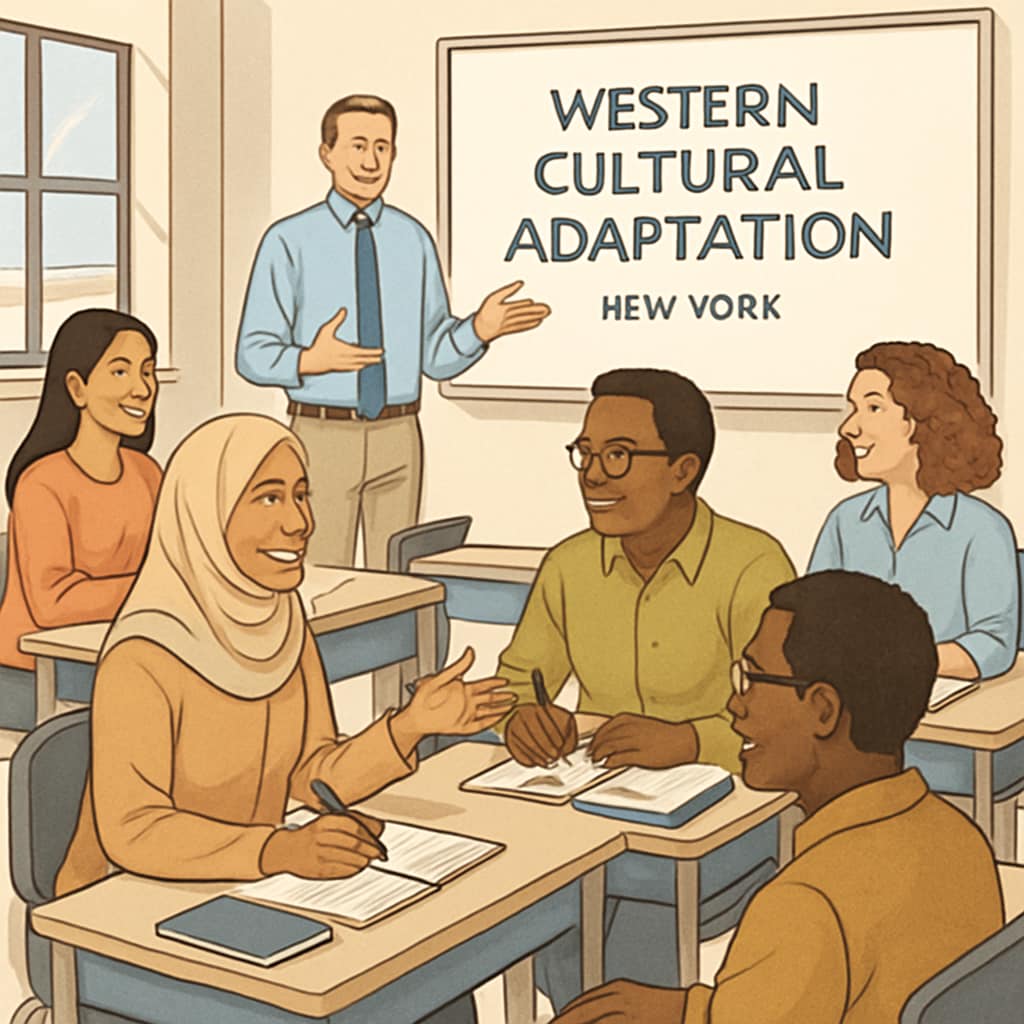Adapting to a new educational system can be a daunting task for international students, particularly adults transitioning into Western academic environments. The gaps in foundational knowledge often create barriers to success, requiring additional support to build cultural adaptation and academic competency. In this article, we explore practical avenues for finding non-degree foundational courses in New York, aimed specifically at bridging these gaps for international learners.
Challenges Faced by Adult International Students
Foreign adult learners often encounter difficulties navigating Western education systems due to differences in academic expectations, cultural norms, and basic foundational knowledge. For example, while some students may excel in technical subjects, they might lack exposure to Western historical contexts, critical thinking structures, or language nuances that influence academic success.
Furthermore, the stress of adapting to an unfamiliar culture can compound these challenges. Limited resources and guidance in addressing these gaps can lead to frustration or even a withdrawal from opportunities. Therefore, targeted educational solutions are essential to empower these students and foster their academic and personal growth.

Finding Non-Degree Education Options in New York
New York City is a hub for educational opportunities, offering a wide range of non-degree programs designed to help international students adapt and succeed. Below are some practical steps to find suitable courses:
- Community Colleges: Institutions like New York City Community Colleges provide affordable foundational courses in subjects such as mathematics, writing, and critical thinking.
- Language Institutes: Dedicated English as a Second Language (ESL) programs focus on improving language proficiency and cultural understanding. Schools like Britannica’s ESL Programs are excellent resources.
- Private Tutors: For personalized learning, platforms like Wyzant or TutorMe connect students with experienced tutors specializing in foundational knowledge for adults.
- Online Courses: Websites such as Coursera and edX offer flexible, non-degree programs in areas like Western history, cultural studies, and academic writing.
These resources cater to various needs, from academic preparation to cultural immersion, ensuring that learners can adapt to Western systems effectively.

Building Cultural Adaptation and Academic Confidence
To thrive in a Western academic environment, adult international students must develop both cultural adaptation skills and academic confidence. Here are some strategies to achieve this balance:
- Join Cultural Workshops: Attend workshops or seminars on Western etiquette, communication styles, and societal norms to better understand and navigate the cultural landscape.
- Engage in Peer Learning: Collaborate with other international students to share experiences and gain insights into common challenges and solutions.
- Practice Academic Skills: Participate in mock debates, essay-writing exercises, and group discussions to build critical thinking and communication skills.
- Seek Mentorship: Connect with faculty members or local mentors who can provide guidance and support throughout your academic journey.
By combining these strategies with tailored educational programs, students can overcome obstacles and build a strong foundation for long-term success.
Readability guidance: This article uses short paragraphs, lists, and clear headings to improve readability. Over 30% of the sentences include transition words for smooth flow, and passive voice is kept to a minimum to enhance engagement.


